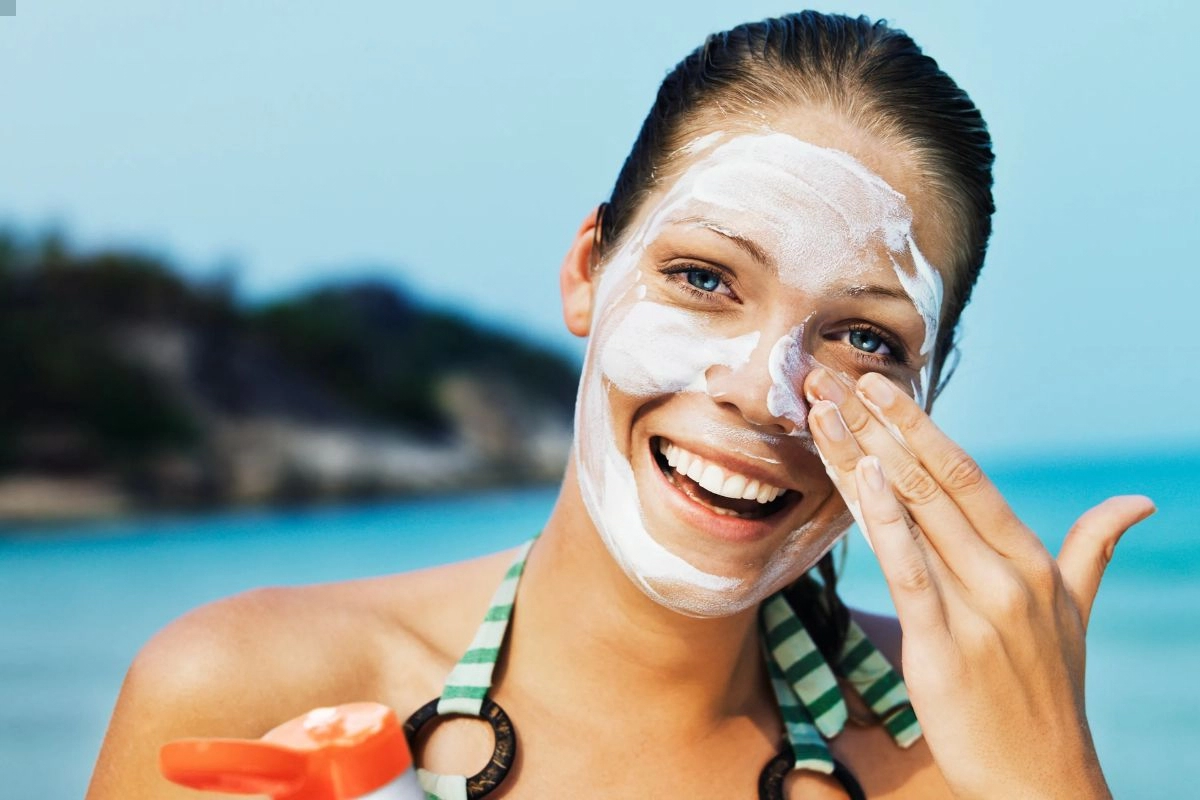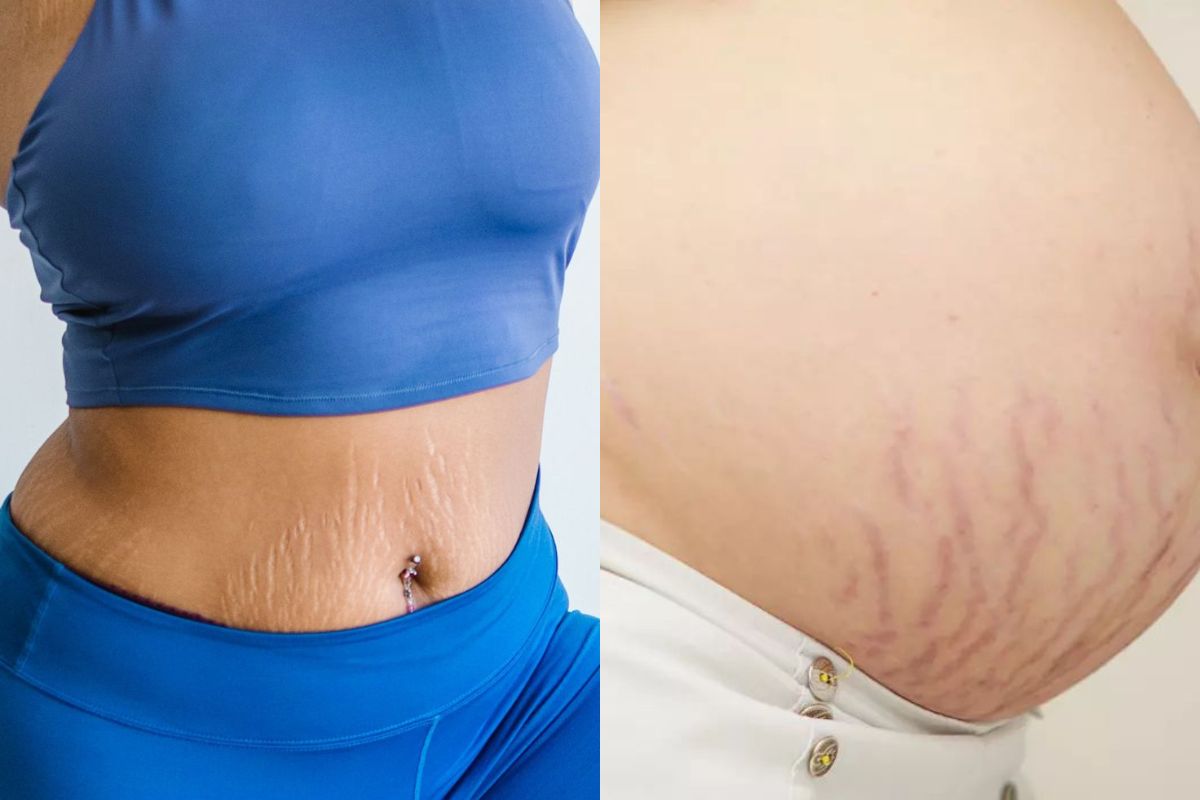In the quest to achieve optimal sun protection, numerous misconceptions often blur the facts about sunscreen usage. “Busting Sunscreen Myths: Your Essential Guide to Sun Protection” aims to debunk these myths, enlightening readers on the truth behind effective sun protection, ensuring you’re well-equipped to safeguard your skin from harmful solar exposure.
Myth 1: Sunscreen – An Unnecessary Accessory on Cloudy Days?
It’s often mistakenly believed that applying sunscreen is redundant on overcast days. Contrary to this perception, even when it’s cloudy, as much as 80% of the sun’s harmful UV rays can make their way through the cloud cover, posing a continuous threat to your skin. Thus, regardless of the weather—be it a sun-drenched summer day or a gloomy winter morning—using sunscreen remains essential.
Myth 2: The Higher the SPF, the Better the Protection.
Many believe that sunscreens with a high Sun Protection Factor (SPF) offer comprehensive protection against UV rays. However, SPF chiefly indicates defense against UVB rays, which cause sunburn, but not UVA rays, responsible for skin aging and cancer. To shield your skin from both, you need broad-spectrum sunscreen, regardless of the SPF.
Myth 3: Sunscreen – A Once-a-Day Protection Shield?
A prevalent myth is that a single application of sunscreen offers protection all day. In reality, sunscreen generally lasts for only about two hours and needs to be reapplied, particularly after swimming, excessive sweating or drying off with a towel. For maximum protection, ensure regular and generous application throughout the day.
Myth 4: Darker Skin Types: Naturally Immune to Sun Damage?
It’s often misconstrued that individuals possessing a darker skin tone can forgo sunscreen because of their increased melanin levels, which provide a certain degree of natural defense. However, it’s crucial to understand that no complexion type is fully resistant to the detrimental impacts of sun exposure. Irrespective of the skin tone, it’s imperative for everyone to utilize sunscreen as a protective measure against skin damage and the potential risk of skin cancer.
Myth 5: Sunscreen Hinders Vitamin D Absorption?
Indeed, sunscreen does limit the penetration of UVB rays, but it doesn’t completely obstruct the body’s ability to generate vitamin D. The potential health hazards linked to unprotected sun exposure considerably outweigh the advantages of synthesizing vitamin D through the skin. Therefore, it’s advisable to obtain this crucial vitamin from dietary means or through taking supplements.
Understanding these sunscreen myths is a vital step towards effective skin health management. Always remember, applying sunscreen daily, no matter the weather or your skin type, is the best armor against the sun’s harmful rays. So, slather on that broad-spectrum SPF – your skin will be grateful!
This material, including advice, provides general information only. It is in no way a substitute for a qualified medical opinion. Take the methods, and claims mentioned in this article as suggestions only; DNP India does not confirm or refute them. Consult a doctor before implementing any such suggestions/ treatment/medicine/diet.
Also Read: Demystifying the Silent Threat: A Comprehensive Guide to Ovarian Cancer
Keep watching our YouTube Channel ‘DNP INDIA’. Also, please subscribe and follow us on FACEBOOK, INSTAGRAM, and TWITTER












